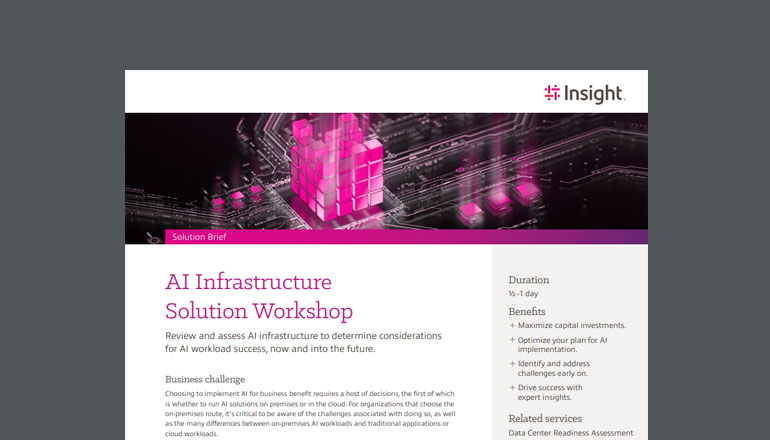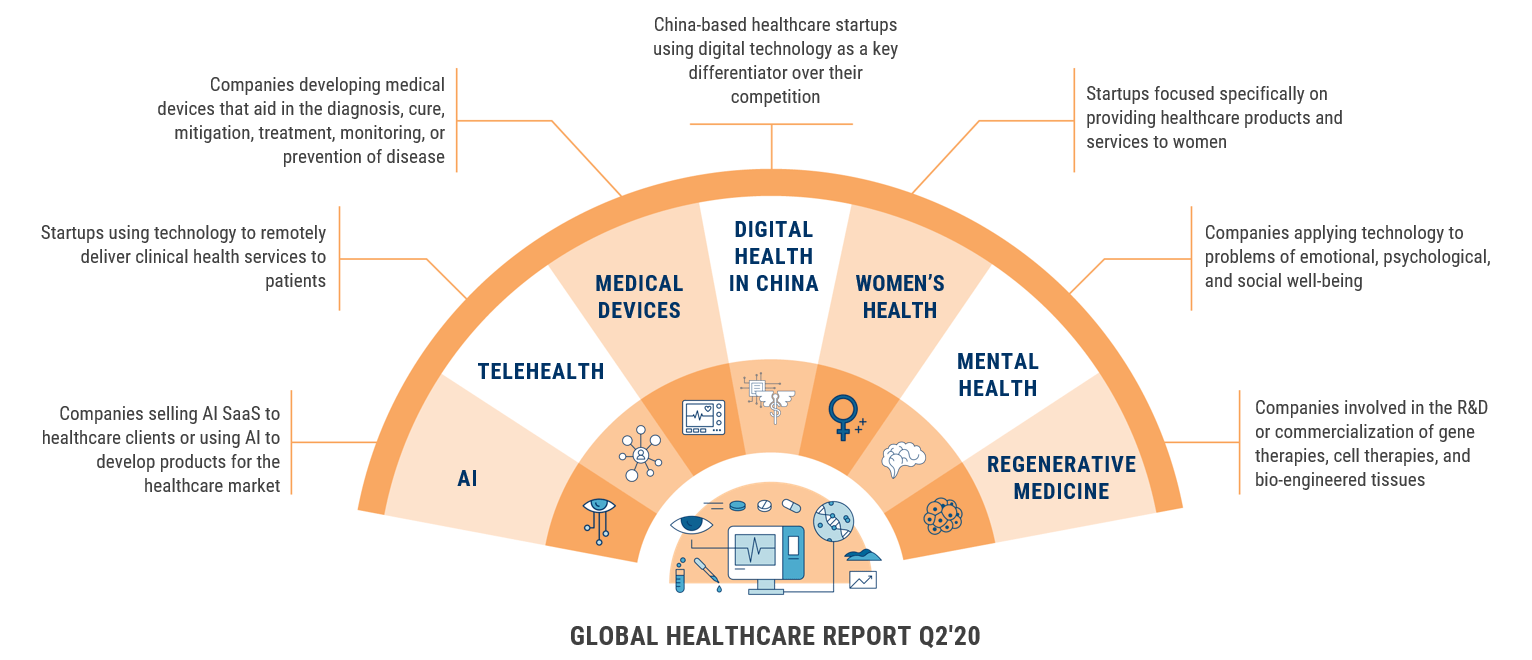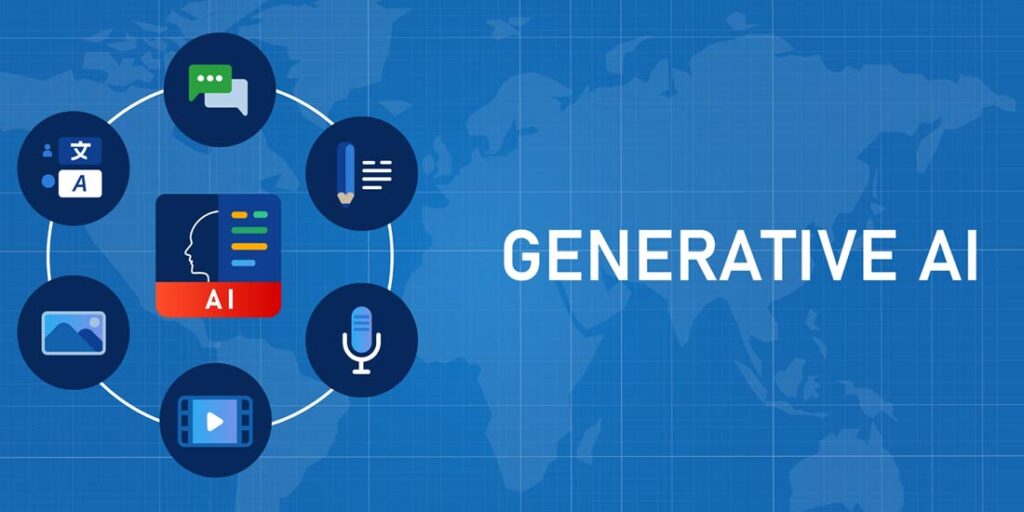59 – The case for not starting yet a new AI platform… and not ...
Do we need yet another new AI platform? Would new foundation models stand a chance in today’s market? Will OpenAI, Anthropic, etc be the new Tech winners … or will they just get acquired, at some point?

Navigation:
Welcome to Tech Deciphered episode 59. Again, this will be an episode on AI. This time we make the case for not starting yet a new AI platform and not investing in one either. What’s happening in AI? I guess all of you have heard about all the massive investment made by some of the leading players, OpenAI, Microsoft, Google, Meta, XAI, Oracle, as well as even some smaller startups from Anthropic to Mistral.
Of course, Amazon has built its own frontier model as well as is providing infrastructure to a lot of players. But isn’t there already too much capital going into AI platforms and isn’t it going too fast?
I think we are closer to a billion. It’s around a billion, several billion for Anthropic. Then there’s a couple of companies we will talk about later that raised a few billion that are no longer independent. It feels like too much. It feels like there’s a gold rush of sorts. It is probably a good analogy. A lot of investors putting capital into it.
But at the same time, it’s being matched by the big players, Microsoft, Google, Meta by pushing LLM, XAI, OpenAI, we could argue, is it a big player already or not? But they just raised a ton of money as well. At 150 billion valuation, right?

Yes, 150 billion valuation. It’s like, okay. They’ve already said, well, we are going to continue raising money. We’re going to continue spending a lot of money as well. It feels like a gold rush. It feels like there’s too much capital deployed into it. Something’s got to give, someone’s going to fail. Maybe that’s a good segue to the fact that we already start seeing some moments that are quite interesting.
Maybe to OpenAI, to jump back, to be fair, they’ve reached more than 3 billion of annualized revenues, and that was based on numbers from June. This is very high valuation for sure. But it’s also coming with one of the fastest growing business ever in terms of revenues.
Yes. We will see if it’s sustainable, the business that they’re building, because there’s no competition. People are using other services out there in tandem. I see a lot of people, for example, using perplexity rather than ChatGPT. We’ll see if Gemini catches up at some point or not. I would argue they have grown very fast, but they have not faced as much competition as they’re probably starting to face right now. At least that would be my thesis.
In any case, we start seeing signals of companies that go to the market and get bought out, and they get bought out for amazing amounts. If we look at Google and there, I would argue, acquihire of Character.ai. It seems to 2.5 billion to get the team and I guess the tech as well.
What gives? And it’s a little bit like it feels a little bit like free money. I’ve had a bit of a chance to think about this. It’s not just that it feels a little bit like free money. It’s some of these acquirers, like the Microsoft of the world, et cetera, might still be overvalued themselves, question mark, and therefore they’re basically putting capital because they have the capital to deploy at this stage.
But it feels a little bit abusive. It raises all these concerns. If I’m an investor, and I’m backing a company in the AI space that is doing yet another foundational model, or that it’s playing at the limit between infrastructure and platform, and I know it’s going to be capital-intensive, but I’m one of the early investors and I hope that they’ll raise a bunch of money, well, there’s no guarantee that at some point they won’t just get bought out.
Maybe the early investors will make a pretty decent return or a pretty good return, certainly a very fast return. But maybe those who are coming later won’t make a ton of money out of it because the company end up being just acquihired.

It may also uncover a hidden secret, which is for you to scale, this is so capital-intensive in terms of consumption of compute, storage, other parts of infrastructure, etc, that at the end of the day, only a big, big guy can win. Therefore, either you raise tens of billions of dollars or you have no chance even to compete. What do you think?
Yeah, I think it’s a mix of things that are happening right now. One is, as we know, the FCC has been blocking acquisitions from the big players. What we are seeing is companies that might have been properly acquired in the past, but suddenly the bigger companies cannot really acquire any more. So they have to find ways around current regulations or at least how the regulators is seeing the regulations and is using its power to block acquisitions and therefore are going around by doing this type of very weird acquihires with separate licensing deals.
We’re in a pretty strange position. And it’s not just AI. In general, there has been much less acquisitions from the, can call them the Fabulous 7, if you want, because their ability to acquire has been very restricted. I don’t think, of course, it’s a good thing for startups. So it’s raising a lot of questions of how as a startup, can you keep ultimately providing liquidity to your business, especially when, as we know, there’s also very little IPO these days.
So it’s a very weird combination of you cannot really do an exit through the bigger guys, and only the bigger guys can afford to spend billions and billions in an acquisition, by the way.
If you don’t provide the IPO opportunity, then what do you do? Maybe that’s what we are seeing as well is what you end up doing is doing these weird acquihires, at least for the businesses that are not worthy of keep going at the rate they started.

Obviously, there’s two sides to this There’s the investment side of the play where if I’m an investor, I want to return, and therefore, I want the company to get acquired at some point, or for the company to IPO, that’s the ideal scenario. But obviously, I wanted it to be acquired at a valuation that is beneficial to me.
If I came into a round where the company was valued last, I don’t know, 2 billion and the company gets bought for 2 billion, that’s not much of a gain, right? There’s that element of the piece of the puzzle. Then there’s the element you’re mentioning, which is really the M&A perspective of the big guys. Can I really acquire? Will I be allowed to acquire this asset and this team and this company?

But in some ways, they’re doing really under the disguise of acquihire. I’m getting the talent, the core talent in. For example, the deal with inflection was that, they got the talent, and then they did a licensing agreement with the company, though. I don’t think formally they acquire the company. There’s obviously other natural activity going on. AMD bought a startup, Silo AI for 665 million.
There’s activity going on not just on the platform foundational model side, but also around the chip capability side, infrastructure side. It’s a little bit truly like a gold rush. If you remember in the gold rush, there was the whole pics and shovels. Our friends from Levi Strauss, the jeans makers were attached to that because people needed more comfortable trousers to do work on or in, rather. That’s how Levi Strauss became a big name.
In some ways, there’s a lot of things happening around the ecosystem, not just in the core platform foundational models side, but also around infrastructure that needs to change. Some would say it’s justified. There needs to be a ton of investment. My thesis is there’s too much money being poured into it, and there’s going to be a lot of people crying at some point, particularly on the investor side, because something does have to give.
It’s impossible that we will have at scale, assuming very high capital intensity, 10, 15 players fighting for the same broad foundational models. I don’t see that happening.
It’s a mix of things that are happening. One is as consumers, all this investment in AI or businesses that are going to benefit from AI is going to be great because I see the performance of all these models keep improving. I see their capacities keep improving. I see their abilities. I mean, the way now it’s multimodal models. It’s not just text, it’s image, it’s not just image, it’s audio, it’s not just image and audio, it’s video.
So the ability of this model keep improving. I mean, let’s not forget the huge gap between ChatGPT 3 versus 4.0, and now we are even at 0.1. So there is a significant improvement in what you can do with AI, thanks to a totally unprecedented investment, investment in building out infrastructure. So GPU farms in order to build these foundational models.




















